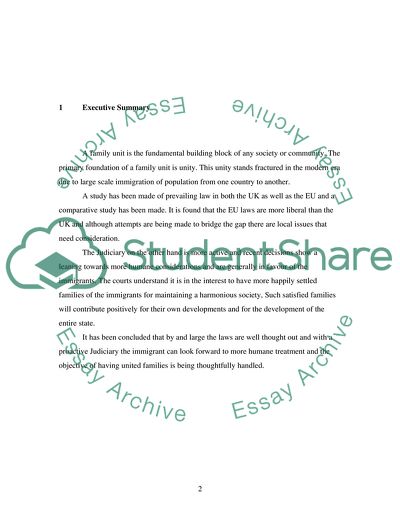Cite this document
(Family Reunion and Immigration Laws in the United Kingdom Assignment, n.d.)
Family Reunion and Immigration Laws in the United Kingdom Assignment. Retrieved from https://studentshare.org/law/1707264-immigration-and-extradition
Family Reunion and Immigration Laws in the United Kingdom Assignment. Retrieved from https://studentshare.org/law/1707264-immigration-and-extradition
(Family Reunion and Immigration Laws in the United Kingdom Assignment)
Family Reunion and Immigration Laws in the United Kingdom Assignment. https://studentshare.org/law/1707264-immigration-and-extradition.
Family Reunion and Immigration Laws in the United Kingdom Assignment. https://studentshare.org/law/1707264-immigration-and-extradition.
“Family Reunion and Immigration Laws in the United Kingdom Assignment”, n.d. https://studentshare.org/law/1707264-immigration-and-extradition.


